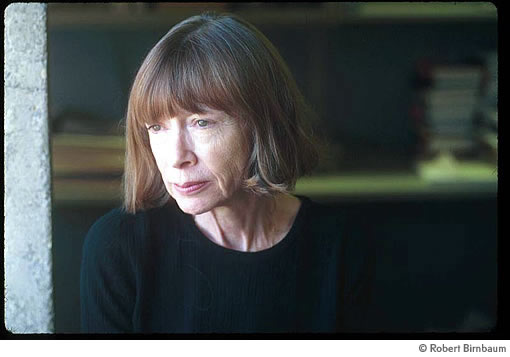Stumped for just the right putdown? A friend sent me this handy Shakespeare Insult Kit.
Combine one word from each of the three columns below, prefaced with "Thou":
Column 1............Column 2............Column 3
artless.............base-court..........apple-john
bawdy...............bat-fowling.........baggage
beslubbering........beef-witted.........barnacle
bootless............beetle-headed.......bladder
churlish............boil-brained........boar-pig
cockered............clapper-clawed......bugbear
clouted.............clay-brained........bum-bailey
craven..............common-kissing......canker-blossom
currish.............crook-pated.........clack-dish
dankish.............dismal-dreaming.....clotpole
dissembling.........dizzy-eyed..........coxcomb
droning.............doghearted..........codpiece
errant..............dread-bolted........death-token
fawning.............earth-vexing........dewberry
fobbing.............elf-skinned.........flap-dragon
froward.............fat-kidneyed........flax-wench
frothy..............fen-sucked..........flirt-gill
gleeking............flap-mouthed........foot-licker
goatish.............fly-bitten..........fustilarian
gorbellied..........folly-fallen........giglet
impertinent.........fool-born...........gudgeon
infectious..........full-gorged.........haggard
jarring.............guts-griping........harpy
loggerheaded........half-faced..........hedge-pig
lumpish.............hasty-witted........horn-beast
mammering...........hedge-born..........hugger-mugger
mangled.............hell-hated..........joithead
mewling.............idle-headed.........lewdster
paunchy.............ill-breeding........lout
pribbling...........ill-nurtured........maggot-pie
puking..............knotty-pated........malt-worm
puny................milk-livered........mammet
qualling............motley-minded.......measle
rank................onion-eyed..........minnow
reeky...............plume-plucked.......miscreant
roguish.............pottle-deep.........moldwarp
ruttish.............pox-marked..........mumble-news
saucy...............reeling-ripe........nut-hook
spleeny.............rough-hewn..........pigeon-egg
spongy..............rude-growing........pignut
surly...............rump-fed............puttock
tottering...........shard-borne.........pumpion
unmuzzled...........sheep-biting........ratsbane
vain................spur-galled.........scut
venomed.............swag-bellied........skainsmate
villainous..........tardy-gaited........strumpet
warped..............tickle-brained......varlot
wayward.............toad-spotted........vassal
weedy...............unchin-snouted......whey-face
yeasty..............weather-bitten......wagtail










